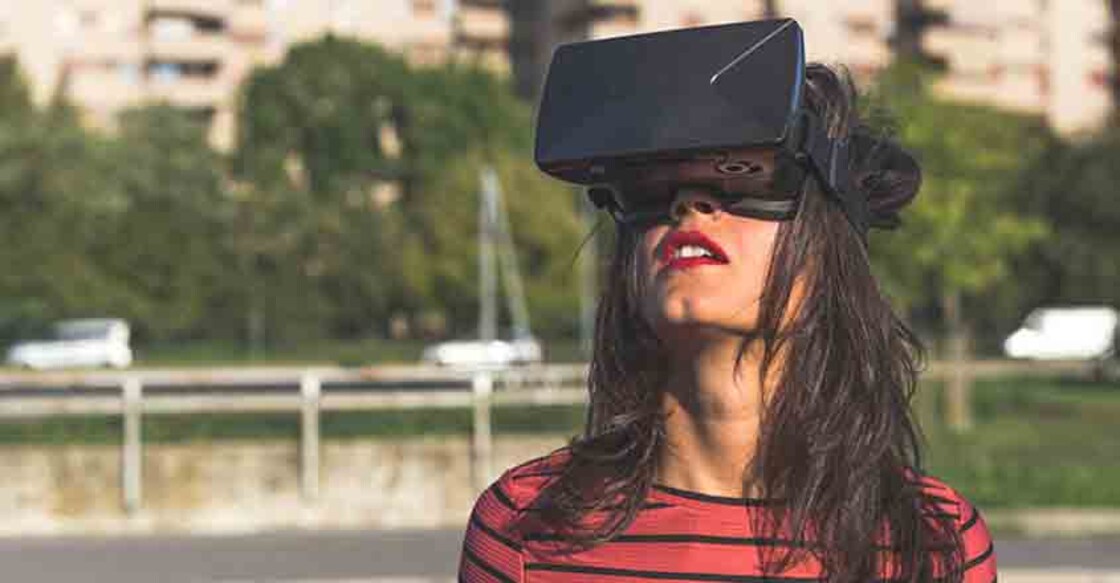Virtual reality can spot people's love for food

Mail This Article
New York: Food scientists at Cornell University in New York have used virtual reality (VR) to show how people's perception of real food can be altered by their surroundings.
The study, published in the Journal of Food Science, found that humans not only relish the sweetness and saltiness of foods but they are also influenced by the environment in which they eat.
"When we eat, we perceive not only just the taste and aroma of foods, we get sensory input from our surroundings – our eyes, ears, even our memories about surroundings," said Robin Dando, associate professor of Food Science and senior author of the study.
To reach this conclusion, nearly 50 panellists who used VR headsets as they ate were given three identical samples of blue cheese.
The panellists were unaware that the cheese samples were identical, and rated the pungency of the blue cheese significantly higher in the cow barn setting than in the sensory booth or the virtual park bench.
To control the pungency results, panellists also rated the saltiness of the three samples. The researchers found there was no statistical difference among them.
"The purpose of this project was to develop an easy-to-implement and affordable method for adapting virtual reality technology for use in food sensory evaluation," said Dando.
Our environment is a critical part of the eating experience. "We consume foods in surroundings that can spill over into our perceptions of the food," Dando added.
"Visually, virtual reality imparts qualities of the environment itself to the food being consumed – making this kind of testing cost-efficient," he said.

